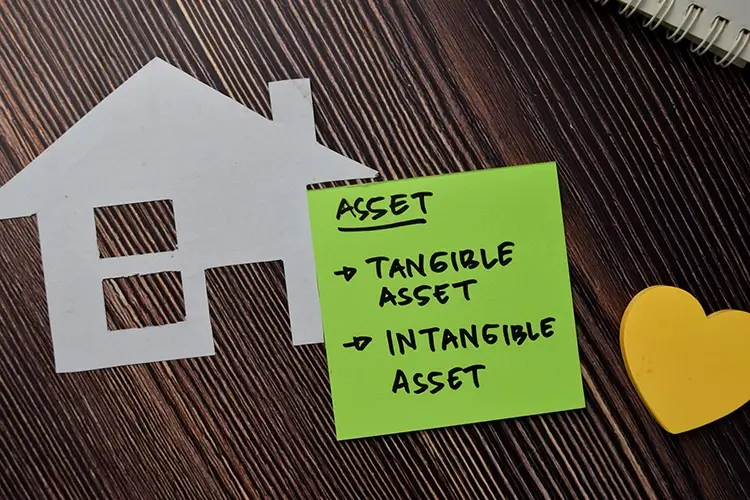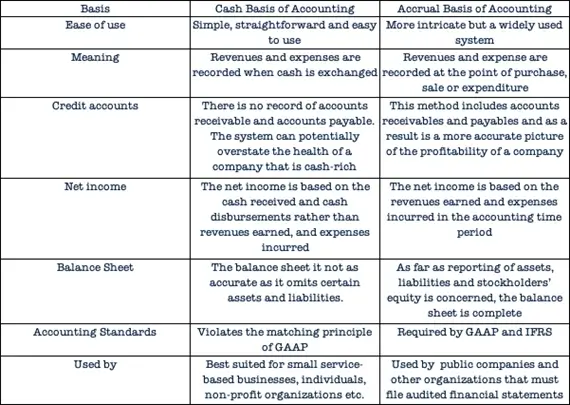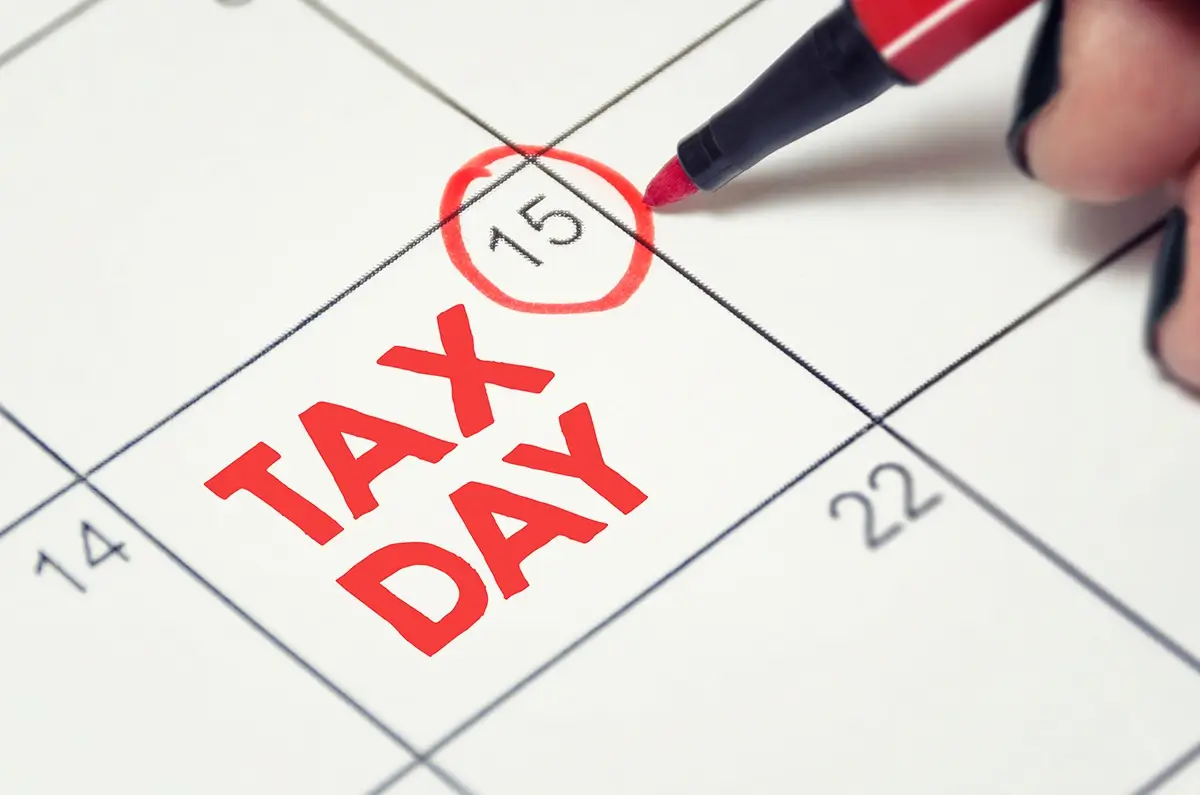Tangible and intangible assets are just what you would think – tangible assets are physical and measured properties while intangible assets are also property but of the non-physical type which is trickier in assigning value. Both types of assets are depended on by businesses to varying degrees based on the type of business you are in. If you are starting a business or are in business already, having a grasp on what assets you actually own or wish to develop is an important part of building and growing in the right direction.
Tangible Assets
Examples of Tangible Assets:
Inventory, Furniture, Vehicles, Equipment or Machinery, Land, Brick & Mortar, Cash, Stocks & Bonds.
Types of Tangible Assets:
Current and Fixed Assets
- Current Assets – current assets include inventory, marketable property, and cash. They are in essence assets that will be used within a year and are readily available for selling off as needed.
- Fixed Assets – Fixed assets are non-current properties that are used long-term to operate the business such as vehicles, buildings, office furniture, or any machinery.
Companies Associated with Tangible Assets:
- Tech – Tech companies that develop smartphones, the sleuth of electronic devices available, and of course computers use tangible assets to build their products.
- Manufacturers – Any company that produces goods has a high volume of tangible assets including the equipment used and property where produced.
- Gas & Oil – Oil producers, drill companies, and any company in the gas industry own a huge number of fixed tangible assets. Between the equipment used and the cash investment needed to support the financing of these assets, oil production relies heavily on tangible assets all the way around.
Intangible Assets
Intangible assets are non-physical, but just as valuable as tangible assets if not more in supporting the growth of your business. They can, however, be difficult to value due to market instability, the variability of assessments from investors to banks, as well as the uncertainty of your business’s future.
Examples of Intangible Assets:
Trademarks/Patents, Franchises, Goodwill, and Copyrights.
Intellectual Properties Defined:
- Goodwill – Goodwill in the business world is when a company pays to acquire another business at a value that is set higher than their actual assets.
- Patents – Patents attach property rights to an inventor while copyrights
- Franchises – Franchises involve a license that allows another party to access a particular brand and sell products under that brand name.
- Trademarks – Trademarks lend a symbol or slogan that represents a company or product.
- Copyrights – Copyrights protect intellectual property from being copied by outside and unauthorized parties.











